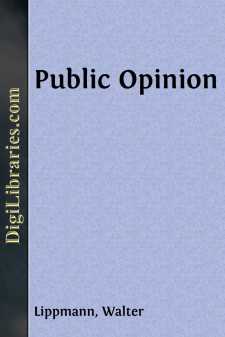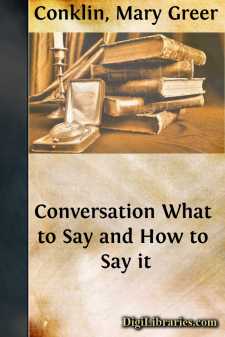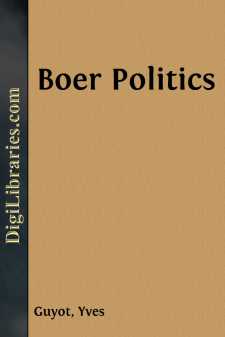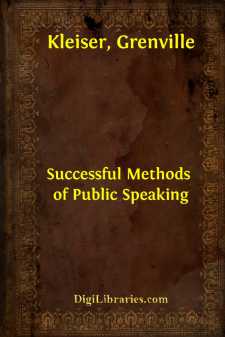Categories
- Antiques & Collectibles 13
- Architecture 36
- Art 48
- Bibles 22
- Biography & Autobiography 813
- Body, Mind & Spirit 142
- Business & Economics 28
- Children's Books 17
- Children's Fiction 14
- Computers 4
- Cooking 94
- Crafts & Hobbies 4
- Drama 346
- Education 46
- Family & Relationships 57
- Fiction 11829
- Games 19
- Gardening 17
- Health & Fitness 34
- History 1377
- House & Home 1
- Humor 147
- Juvenile Fiction 1873
- Juvenile Nonfiction 202
- Language Arts & Disciplines 88
- Law 16
- Literary Collections 686
- Literary Criticism 179
- Mathematics 13
- Medical 41
- Music 40
- Nature 179
- Non-Classifiable 1768
- Performing Arts 7
- Periodicals 1453
- Philosophy 64
- Photography 2
- Poetry 896
- Political Science 203
- Psychology 42
- Reference 154
- Religion 513
- Science 126
- Self-Help 84
- Social Science 81
- Sports & Recreation 34
- Study Aids 3
- Technology & Engineering 59
- Transportation 23
- Travel 463
- True Crime 29
A Preface to Politics
by: Walter Lippmann
Categories:
Description:
Excerpt
INTRODUCTION
The most incisive comment on politics to-day is indifference. When men and women begin to feel that elections and legislatures do not matter very much, that politics is a rather distant and unimportant exercise, the reformer might as well put to himself a few searching doubts. Indifference is a criticism that cuts beneath oppositions and wranglings by calling the political method itself into question. Leaders in public affairs recognize this. They know that no attack is so disastrous as silence, that no invective is so blasting as the wise and indulgent smile of the people who do not care. Eager to believe that all the world is as interested as they are, there comes a time when even the reformer is compelled to face the fairly widespread suspicion of the average man that politics is an exhibition in which there is much ado about nothing. But such moments of illumination are rare. They appear in writers who realize how large is the public that doesn't read their books, in reformers who venture to compare the membership list of their league with the census of the United States. Whoever has been granted such a moment of insight knows how exquisitely painful it is. To conquer it men turn generally to their ancient comforter, self-deception: they complain about the stolid, inert masses and the apathy of the people. In a more confidential tone they will tell you that the ordinary citizen is a "hopelessly private person."
The reformer is himself not lacking in stolidity if he can believe such a fiction of a people that crowds about tickers and demands the news of the day before it happens, that trembles on the verge of a panic over the unguarded utterance of a financier, and founds a new religion every month or so. But after a while self-deception ceases to be a comfort. This is when the reformer notices how indifference to politics is settling upon some of the most alert minds of our generation, entering into the attitude of men as capable as any reformer of large and imaginative interests. For among the keenest minds, among artists, scientists and philosophers, there is a remarkable inclination to make a virtue of political indifference. Too passionate an absorption in public affairs is felt to be a somewhat shallow performance, and the reformer is patronized as a well-meaning but rather dull fellow. This is the criticism of men engaged in some genuinely creative labor. Often it is unexpressed, often as not the artist or scientist will join in a political movement. But in the depths of his soul there is, I suspect, some feeling which says to the politician, "Why so hot, my little sir?"
Nothing, too, is more illuminating than the painful way in which many people cultivate a knowledge of public affairs because they have a conscience and wish to do a citizen's duty. Having read a number of articles on the tariff and ploughed through the metaphysics of the currency question, what do they do? They turn with all the more zest to some spontaneous human interest....













